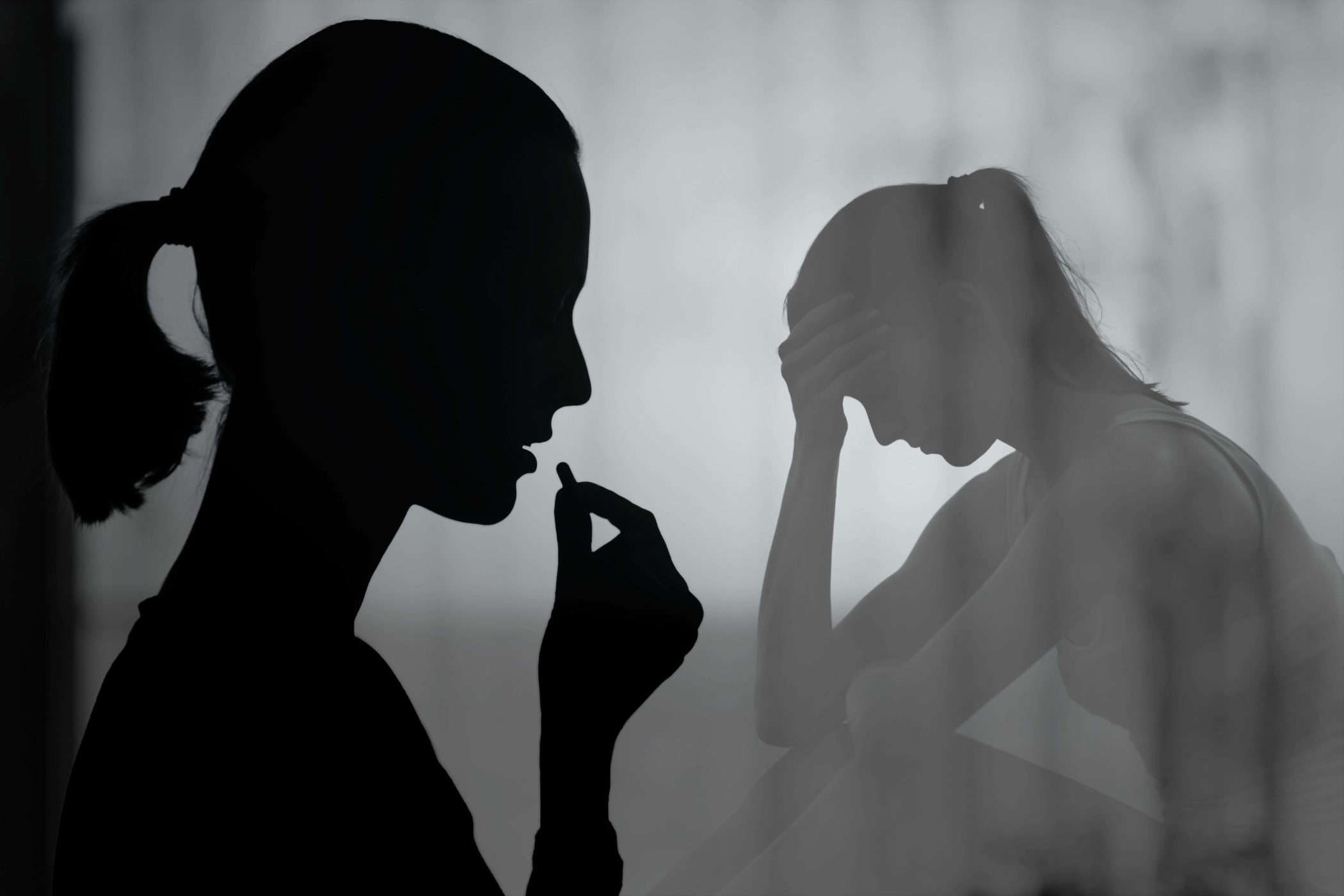Often, someone struggling with a substance use problem is also dealing with depression or another mental health concern. Living with both a substance use disorder and depression is also known as a dual diagnosis. The National Institute on Drug Abuse (NIDA) shares that “half of those who experience a mental illness during their lives will also experience a substance use disorder and vice versa” according to a series of surveys it conducts nationally.
Are there reasons for this overlap? Does one condition lead to the other? And what are the best treatment options for someone living with both depression and a substance abuse issue?
The Link Between Depression and Substance Use
While researchers haven’t found an exact connection between the two conditions, there appear to be three main pathways linking depression and substance use.
The first is that many of the risk factors for both diagnoses are the same. For example, researchers have found that genetics plays a strong role in a person’s development of both mental illness and addiction. There are complex interactions between genes and environmental factors that can increase a person’s chances of developing these conditions. Stress also plays a role. Even childhood trauma can impact whether someone is more likely to have problems with depression or substance misuse later in life.
Second, the presence of mental illness often contributes to someone developing an addiction. This is typically due to individuals with mental health challenges using addictive substances to self-medicate or manage symptoms. While individuals may experience very short-lived relief from certain aspects of mental health issues from self-medication, drug and alcohol use worsens issues like depression. Studies show that changes in brain activity due to mental illness can alter the way substances interact with the brain’s reward centers, increasing the likelihood of addiction. Alcohol and illegal drugs can also interact negatively with medications an individual may be taking to treat their mental illness.
Finally, there is the possibility that substance misuse and addiction can contribute to the development of mental illness. In this case, the use of drugs or alcohol may alter the brain and uncover a predisposition to a mental health problem. Researchers are still studying precisely how this process may occur.
Signs of Addiction
When someone develops a problem with drugs or alcohol, they often display a range of tell-tale signs. These include changes in behavior as well as mental and physical changes. Some examples of behavioral changes include neglecting relationships and losing interest in activities they previously enjoyed. They might also start missing important obligations or engaging in riskier behaviors.
Examples of physical changes that may indicate addiction include:
- bloodshot or glazed eyes
- constant illness
- unexplained injuries
- an abrupt change in weight
- damage to skin, hair, teeth, and nails (especially when substance abuse involves illicit drugs like methamphetamine or cocaine)
- increased tolerance to drugs
- physical withdrawal symptoms like sweating, trembling, or vomiting
- memory loss or problems with recall
- change in speech like slurred words or rapid rambling
Finally, the person may display new or different emotional and mental behaviors, like becoming aggressive or acting apathetic.
Signs of Depression
Too many people live with depression and never get help. Knowing the signs of depression can help someone identify the problem in themselves or others. Symptoms of depression to look for include:
- Trouble concentrating, remembering details, and making decisions
- Fatigue
- Feelings of guilt, worthlessness, and helplessness
- Pessimism and hopelessness
- Insomnia, early-morning wakefulness, or sleeping too much
- Crankiness
- Restlessness
- Loss of interest in things once found pleasurable, including sex
- Overeating or appetite loss
- Aches, pains, headaches, or cramps that won’t go away
- Digestive problems that don’t get better, even with treatment
- Persistent sad, anxious, or “empty” feelings
- Suicidal thoughts or suicide attempts
Treating Dual Diagnosis
Individuals dealing with both addiction and depression should get treated for both conditions. To ensure they have the best chance for recovery, individuals with a dual diagnosis should search for programs that specialize in both substance abuse and mental health to develop a personalized treatment plan. Integrated treatment that deals with both issues at the same time offers the most effective path forward.
Someone looking for treatment of a dual diagnosis will most likely need to incorporate both behavioral therapy and mental health support in their treatment plan. Cognitive behavioral therapy (CBT) is a psychological treatment that is effective for many different challenges, including addiction, depression, anxiety disorders, marital problems, eating disorders, and severe mental illness. CBT has been shown to help those with a dual diagnosis learn new ways of thinking and coping to handle previous thought patterns that increased their risk of misusing drugs or alcohol. This type of therapy can also teach the person how their distorted thinking has magnified or even created past problems, and then show them how to reevaluate these thoughts more realistically.
Finally, it can be helpful for the family and loved ones of the person seeking help to be involved in the treatment. This allows them the opportunity to become informed about mental illness and addiction so they can be supportive of their loved one’s recovery journey. Ways to include loved ones in treatment range from family counseling to 12-step meetings to peer support groups.
At Bridges of Hope Treatment Center, we believe in a comprehensive and integrated approach to substance use and mental health disorders. That’s why we utilize therapeutically proven, evidence-based clinical practices to provide superior client care across Indiana.


 Verify Insurance
Verify Insurance
 Toll Free Call
Toll Free Call